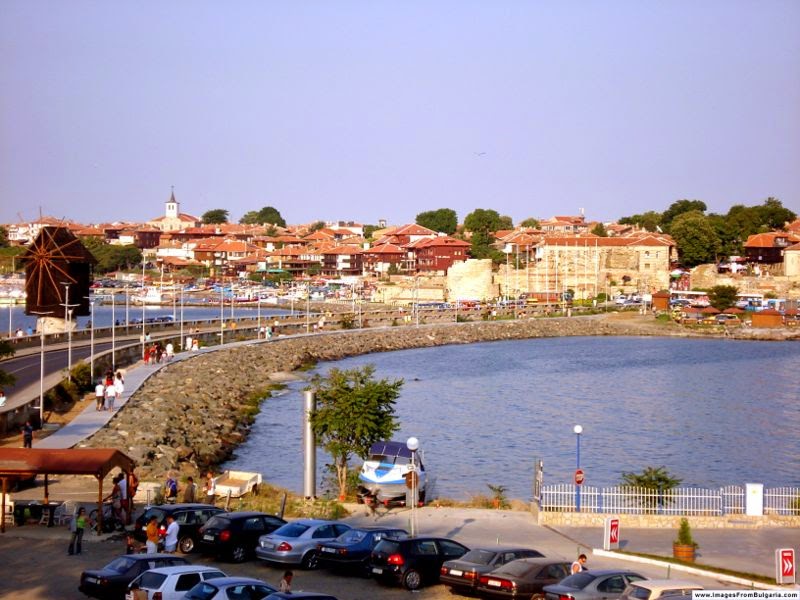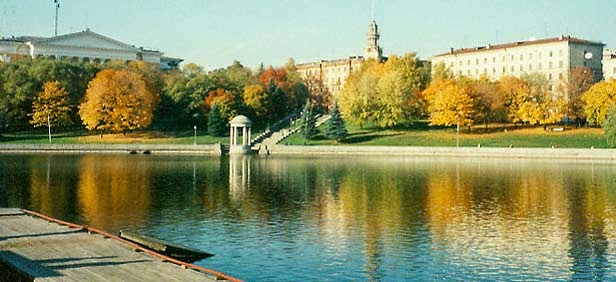Republic of Bulgaria
President: Rosen Plevneliev (2012)
Prime Minister (Acting): Georgi Bliznashki (2014)
Land area: 42,683 sq mi (110,549 sq km);
total area: 42,823 sq mi (110,910 sq km )
Population (2012 est.): 7,093,635 (growth rate: –0.781%); birth rate: 9.32/1000; infant mortality rate: 16.68/1000; life expectancy: 73.59
Capital and largest city (2009 est.): Sofia, 1,192,000 million
Monetary unit: Lev
Languages: Bulgarian 85%, Turkish 10%, Roma 4%
Ethnicity/race: Bulgarian 83.9%, Turk 9.4%, Roma 4.7%, other (including Macedonian, Armenian, Tatar, Circassian) 2% (2001)
National Holiday: Liberation Day, March 3
Religions: Bulgarian Orthodox 83%, Islam 12%, other Christian 1% (2001)
Literacy rate: 98.2% (2006 est.)
Economic summary: GDP/PPP $101.2 billion (2011 est.); per capita $13,500.
Real growth rate: 2.2%.
Inflation: 4%.
Unemployment: 8.8%.
Arable land: 29.94%.
Agriculture: vegetables, fruits, tobacco, wine, wheat, barley, sunflowers, sugar beets; livestock.
Labor force: 2.533 million; agriculture 7.1%, industry 30.6%, services 64.2% (2011 est.).
Industries: electricity, gas, water; food, beverages, tobacco; machinery and equipment, base metals, chemical products, coke, refined petroleum, nuclear fuel.
Natural resources: bauxite, copper, lead, zinc, coal, timber, arable land.
Exports: $26.08 billion (2011 est.): clothing, footwear, iron and steel, machinery and equipment, fuels.
Imports: $28.39 billion (2011 est.): machinery and equipment; metals and ores; chemicals and plastics; fuels, minerals, and raw materials.
Major trading partners: Russia, Germany, Italy, Romania, Greece, Turkey, Ukraine, France (2010)
Communications: Telephones: main lines in use: 2.2 million (2010); mobile cellular: 10.585 million (2010). Broadcast media: Four national terrestrial television stations with 1 state-owned and 3 privately-owned; a vast array of TV stations are available from cable and satellite TV providers; state-owned national radio broadcasts over 3 networks; large number of private radio stations broadcasting, especially in urban areas (2010). Internet hosts:785,546 (2010). Internet users: 3.395 million (2009).
Transportation: Railways: total: 4,151 km (2009).
Highways: total: 40,231 km; paved: 39,587 km (includes 418 km of expressways); unpaved 644 km (2008). Waterways: 470 km (2009).
Ports and terminals: Burgas, Varna.
Airports: 210 (2010).
International disputes: none.
The Thracians lived in what is now known as Bulgaria from about 3500 B.C. They were incorporated into the Roman Empire by the first century A.D. At the decline of the empire, the Goths, Huns, Bulgars, and Avars invaded. The Bulgars, who crossed the Danube from the north in 679, took control of the region. Although the country bears the name of the Bulgars, the Bulgar language and culture died out, replaced by a Slavic language, writing, and religion. In 865, Boris I adopted Orthodox Christianity. The Bulgars twice conquered most of the Balkan peninsula between 893 and 1280. But in 1396 they were invaded by the Ottoman Empire, which made Bulgaria a Turkish province until 1878. Ottoman rule was harsh and inescapable, given Bulgaria's proximity to its oppressor. In 1878, Russia forced Turkey to give Bulgaria its independence after the Russo-Turkish War (1877–1878). But the European powers, fearing Russia's and Bulgaria's dominance in the Balkans, intervened at the Congress of Berlin (1878), limiting Bulgaria's territory and fashioning it into a small principality ruled by Alexander of Battenburg, the nephew of the Russian czar.
Alexander was succeeded in 1887 by Prince Ferdinand of Saxe-Coburg-Gotha, who declared a kingdom independent of the Ottoman Empire on Oct. 5, 1908. In the First Balkan War (1912–1913), Bulgaria and the other members of the Balkan League fought against Turkey to regain Balkan territory. Angered by the small portion of Macedonia it received after the battle—it considered Macedonia an integral part of Bulgaria—the country instigated the Second Balkan War (June–Aug. 1913) against Turkey as well as its former allies. Bulgaria lost the war and all the territory it had gained in the First Balkan War. Bulgaria joined Germany in World War I in the hope of again gaining Macedonia. After this second failure, Ferdinand abdicated in favor of his son in 1918. Boris III squandered Bulgaria's resources and assumed dictatorial powers in 1934–1935. Bulgaria fought on the side of the Nazis in World War II, but after Russia declared war on Bulgaria on Sept. 5, 1944, Bulgaria switched sides. Three days later, on Sept. 9, 1944, a Communist coalition took control of the country and set up a government under Kimon Georgiev.
































.jpg)




.jpg)







.jpg)
.jpg)
.jpg)
.jpg)
.jpg)



























.jpg)







.jpg)












